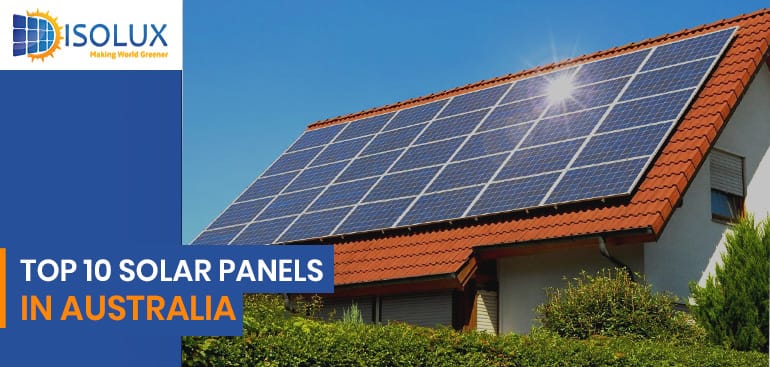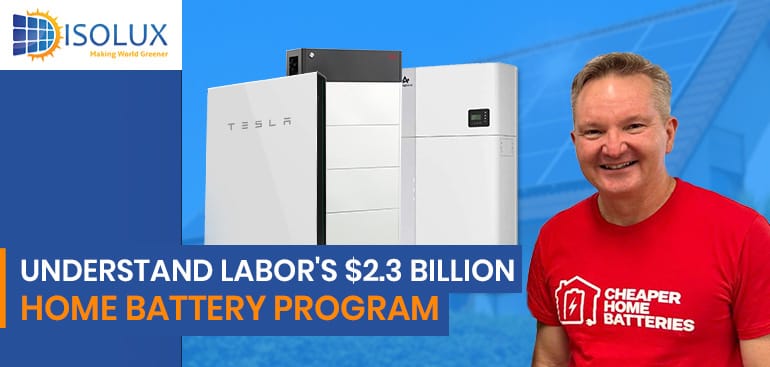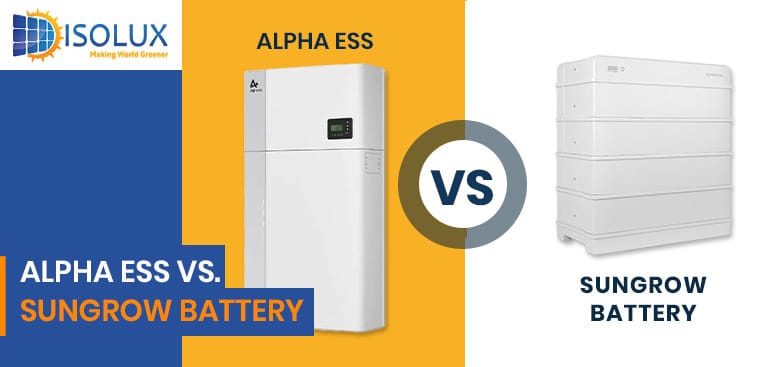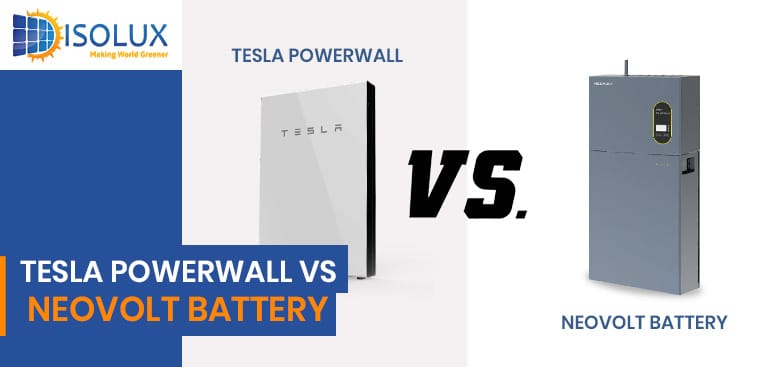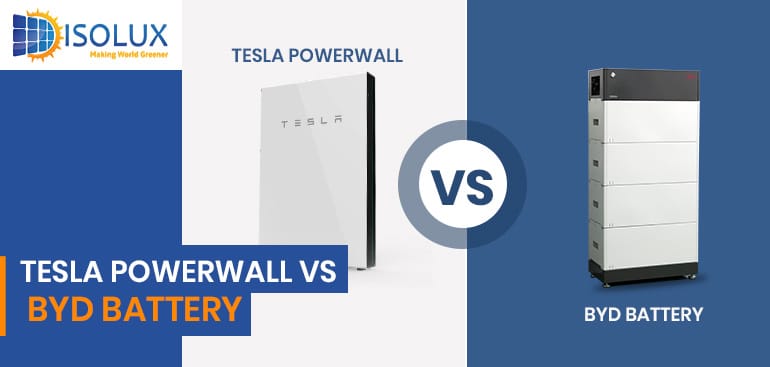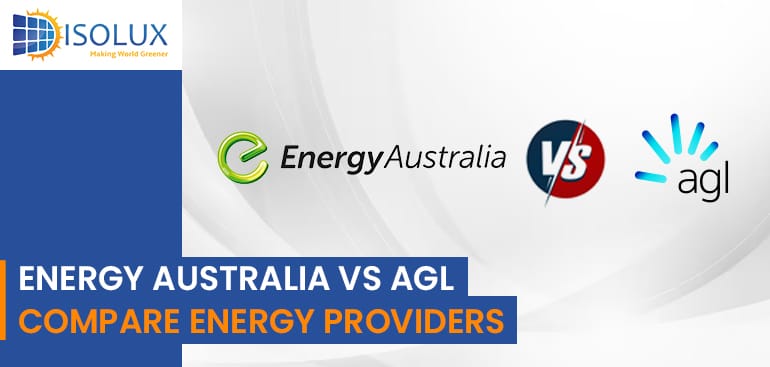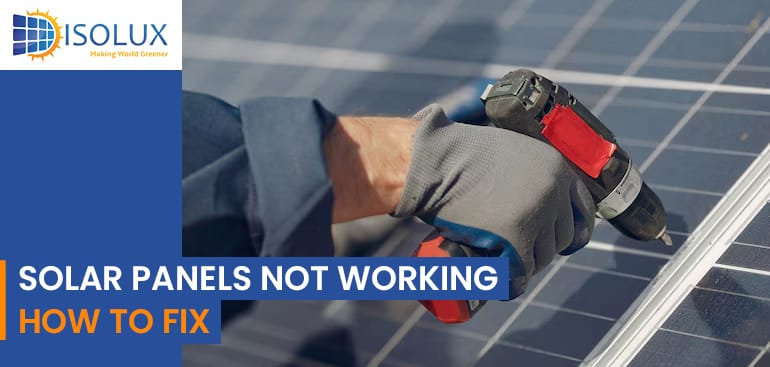Sydney is a bustling city with a growing population and increasing energy demand every day. As the price of electricity rises, many homeowners are turning to solar energy as a cost-effective and eco-friendly alternative.
Australia’s solar energy sector continues to flourish in 2025, with homeowners and businesses increasingly turning to solar power to reduce energy costs and environmental impact. However, with a plethora of solar panel options available, selecting the right one can be daunting. This guide highlights the top 10 solar panels in Australia for 2025, based on efficiency, durability, warranty, and value, to assist you in making an informed decision.
Australia is moving rapidly toward renewable energy, and the federal government is taking big steps to support this transition. One of the most significant developments in 2025 is Labor’s announcement of a $2.3 billion Cheaper Home Batteries Program aimed at making home battery storage more affordable and accessible for Australian households.
As Australia’s renewable energy sector continues to expand, homeowners are increasingly seeking efficient and reliable solar battery storage solutions. Two prominent contenders in this arena are AlphaESS and Sungrow. This blog provides an in-depth comparison of these brands to assist Australian homeowners in making informed decisions.
As Australia’s energy landscape evolves, more homeowners are turning to solar energy paired with home battery storage to reduce electricity bills and increase energy independence. Selecting the right home battery is crucial for maximizing the benefits of your solar system. In this guide, we’ll explore the top home batteries available in Australia for 2025, providing insights to help you make an informed decision.
As more Australians turn to solar energy to power their homes, choosing the right solar battery has become just as important as selecting the right panels. Two of the leading contenders in the home energy storage space are the Tesla Powerwall and the SENEC Home V3. Both offer powerful features for storing solar energy, providing backup during blackouts, and helping reduce reliance on the grid—but they differ in a few key ways.
As solar energy adoption grows in Sydney, homeowners are increasingly considering battery storage solutions to enhance energy independence and efficiency. Two prominent options in the market are the Tesla Powerwall and the Neovolt Battery. Let’s get into comprehensive comparison between Tesla Powerwall and Neovolt battery, their specifications, advantages, disadvantages, warranties, and costs to assist you in making an informed decision.
As solar energy adoption continues to rise across Sydney, homeowners are increasingly turning to home battery storage solutions to maximise their solar investment. Two of the most prominent players in the market are the Tesla Powerwall and BYD Battery-Box Premium HVM. But which one is right for your home?
When choosing an energy provider in Australia, two prominent names often come up: AGL and EnergyAustralia. Both have extensive histories and offer a range of services to millions of Australians. This comprehensive comparison aims to assist you in making an informed decision by evaluating various aspects of these providers.
Solar panels have become popular for Australian homeowners seeking sustainable and cost-effective energy solutions. However, like any technology, they can encounter issues that impede performance. Understanding common problems and their solutions can help maintain optimal functionality and extend the lifespan of your solar energy system.


